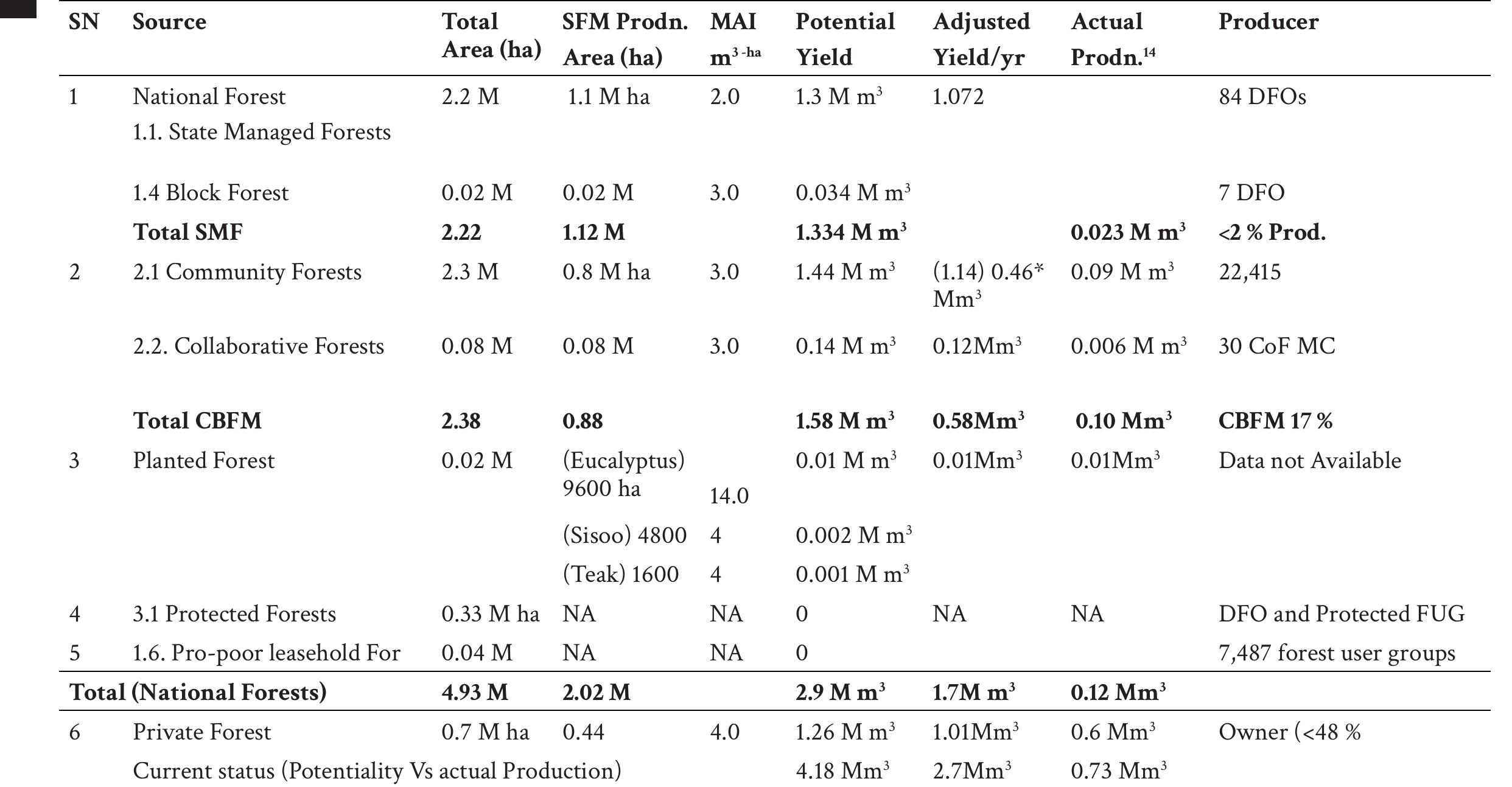Key research themes
1. How can economic optimization balance multifunctional forestry objectives including timber production, ecosystem services, and indigenous land uses?
This research area focuses on integrating economic valuation and optimization models to reconcile timber production with various ecological and social objectives such as carbon storage, biodiversity, and indigenous livelihoods (e.g., reindeer husbandry). It investigates multifunctional forest management strategies under diverse environmental, economic, and policy scenarios to inform sustainable land-use decisions.
2. What are the socio-economic impacts and governance challenges of forest tenure, community forestry, and forest policy implementation?
This theme addresses how various forest governance frameworks, tenure security initiatives, and policy instruments impact economic livelihoods, sustainable forest management, and social equity. It emphasizes the role of community engagement, social forestry programs, and local knowledge in shaping forest outcomes and overcoming institutional or regulatory barriers in diverse global contexts.
3. How does forest protection policy address disturbance risks (e.g., fires) and market dynamics affecting sustainable forest sector development in Europe and beyond?
This theme covers the interactions between forest disturbance regimes, protection policies, economic consequences, and market performance of forestry companies. It investigates adaptive forest management in response to climate change, wildfire risk reduction, and the economic viability of forestry enterprises from investor and policy perspectives, integrating ecological risks with socio-economic considerations.













